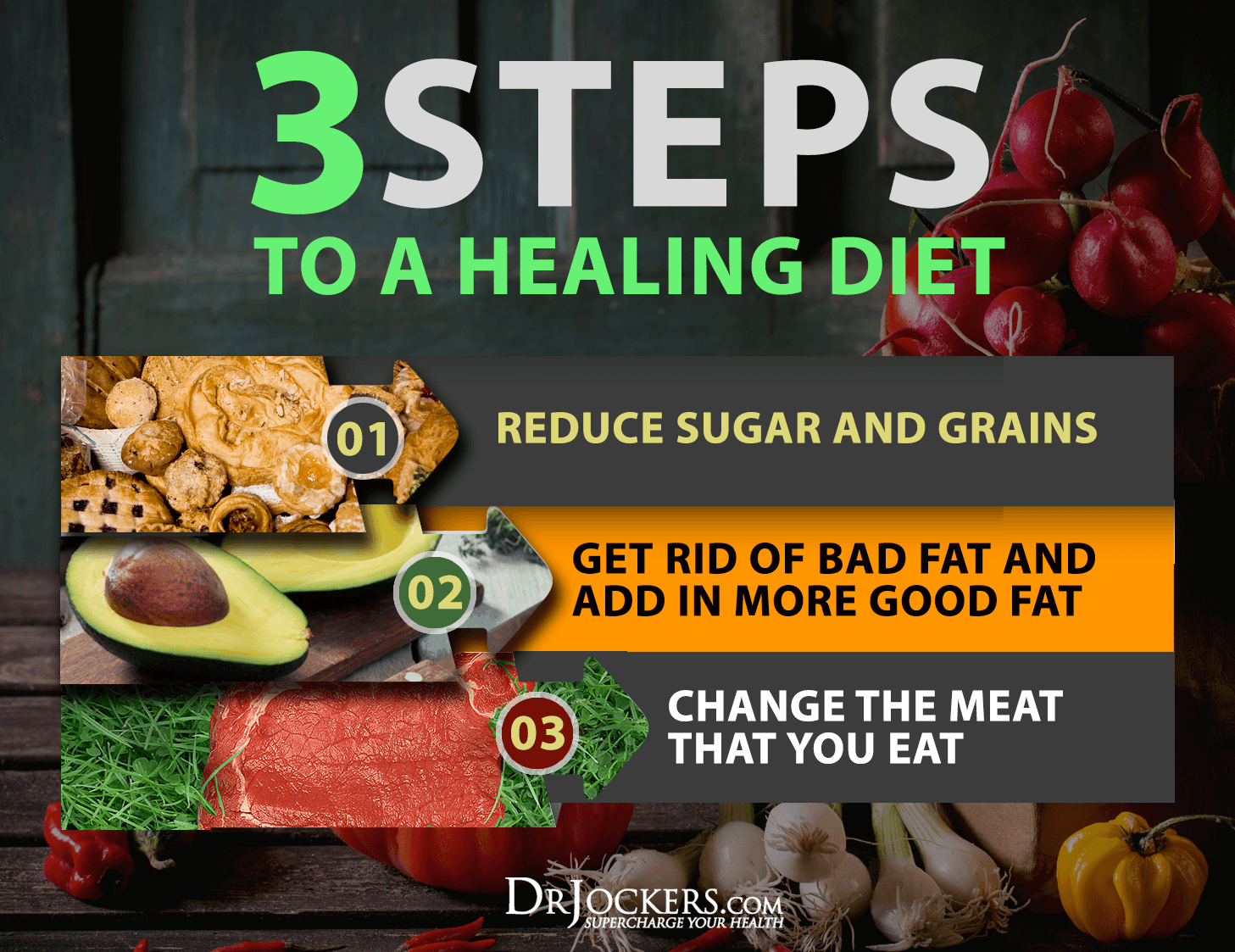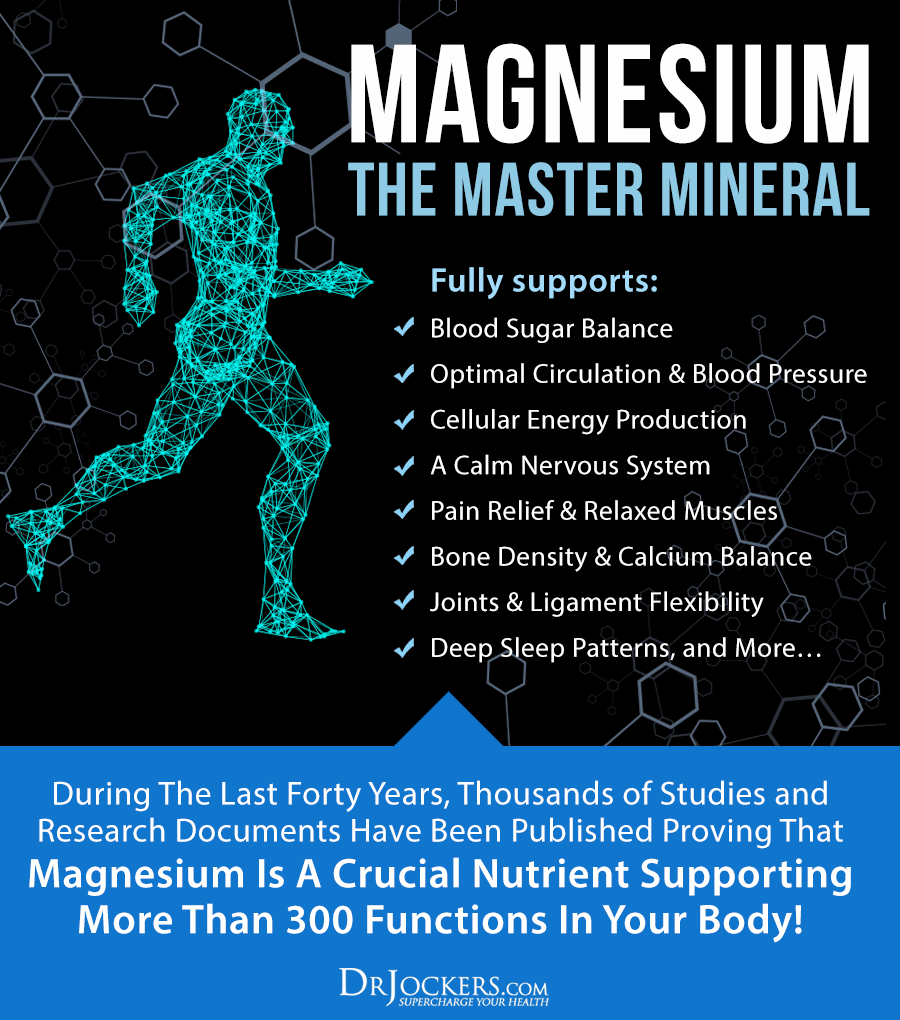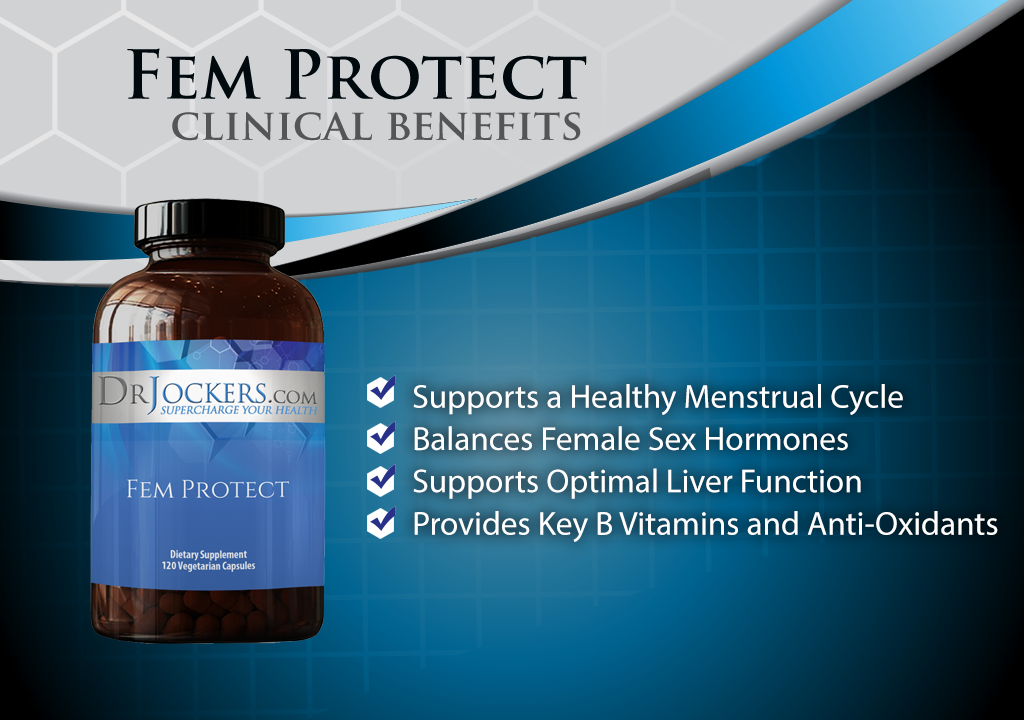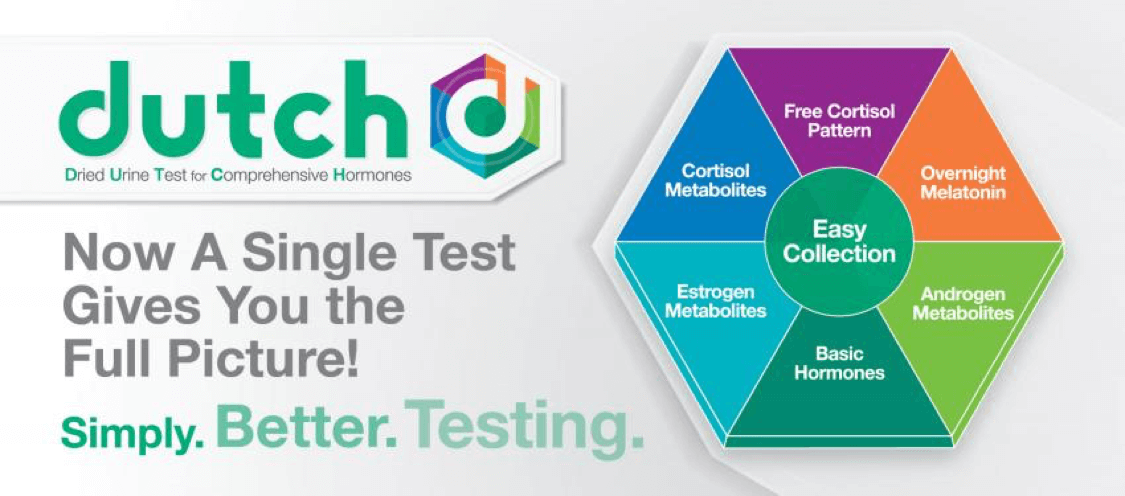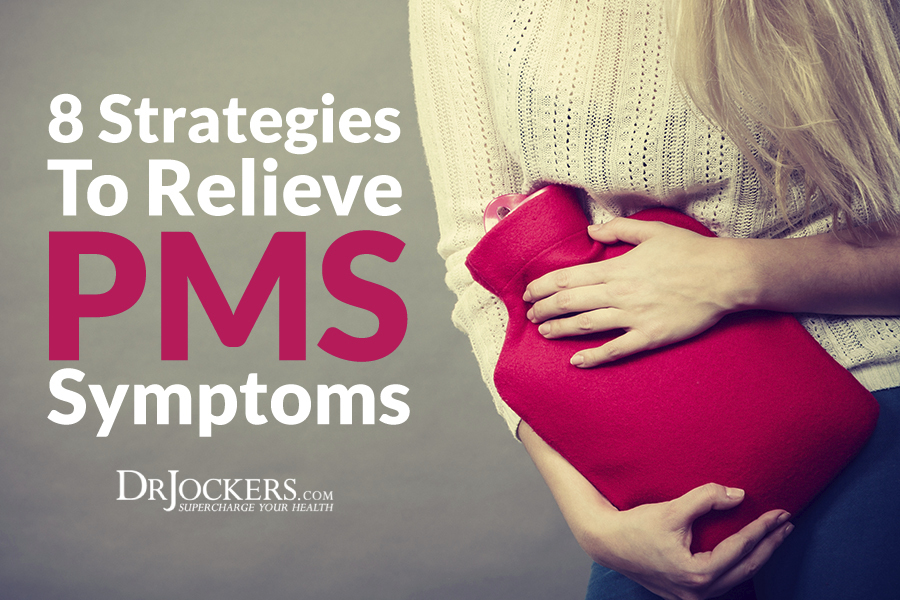 8 Strategies To Relieve PMS Symptoms
8 Strategies To Relieve PMS Symptoms
PMS, or premenstrual syndrome, occurs in the days leading up to the beginning of a woman’s menstrual cycle. Symptoms range depending on the individual but commonly include cramping, bloating, mood swings, irritability, tender breasts, food cravings, and sometimes depressive tendencies. Something I have noticed is that many women experience a much greater level of discomfort during this time compared to others. These are the 8 strategies I have used clinically to help women overcome their brutal PMS symptoms.
These strategies primarily focus on reducing inflammation and balancing hormones. Additional benefits of these strategies may also provide direct relief of PMS symptoms such as GI distress and cramping. Combining the strategies in this article will be the best way to provide PMS support from many different angles and see the best results.
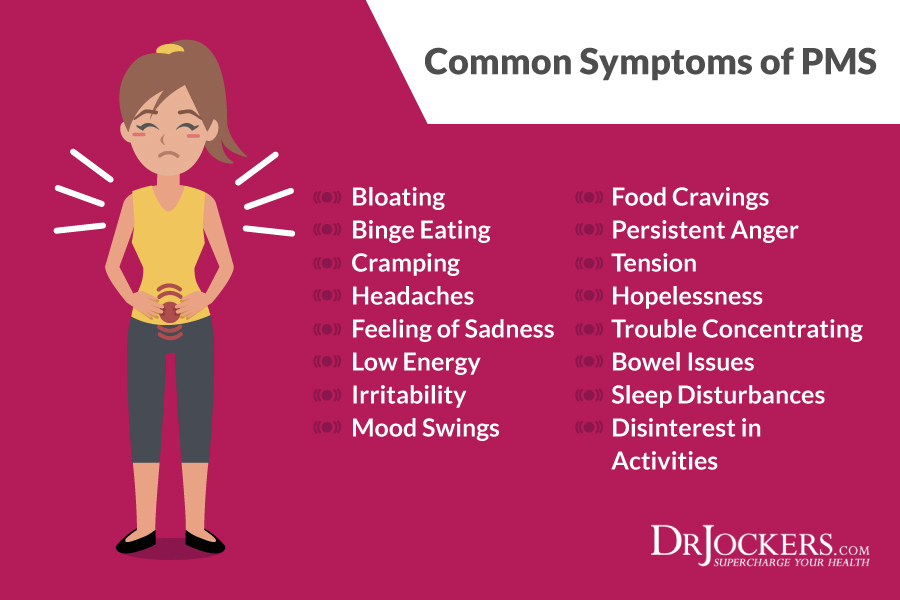
Hormone Balance & The Menstrual Cycle
Although no cause of PMS has been officially identified, your hormone balance can play a major role. The menstrual cycle is the process that takes place in the female body when it is preparing an egg for potential fertilization. The cycle has 4 stages that are initiated by changes in key female hormones.
Follicular Phase: Potential eggs begin to develop in the ovaries inside small node-like structures called follicles. At the same time, the uterus begins to thicken to prepare for the egg to implant itself if it becomes fertilized.
Ovulation: An egg is released from the follicle and descends through the fallopian tube and into the uterus. During this time, there is a sharp increase in estrogen secretion.
Luteal Phase: During this phase, a rise in progesterone maintains the thickened wall of the uterus in case an egg is fertilized. Literally making sure the egg has a safe home to settle into if it becomes fertilized.
Menstruation: A drop in both estrogen and progesterone signals the release of the thickened uterus lining, and it is excreted through menses.
PMS typically occurs towards the end of the luteal phase during transition to menstruation.
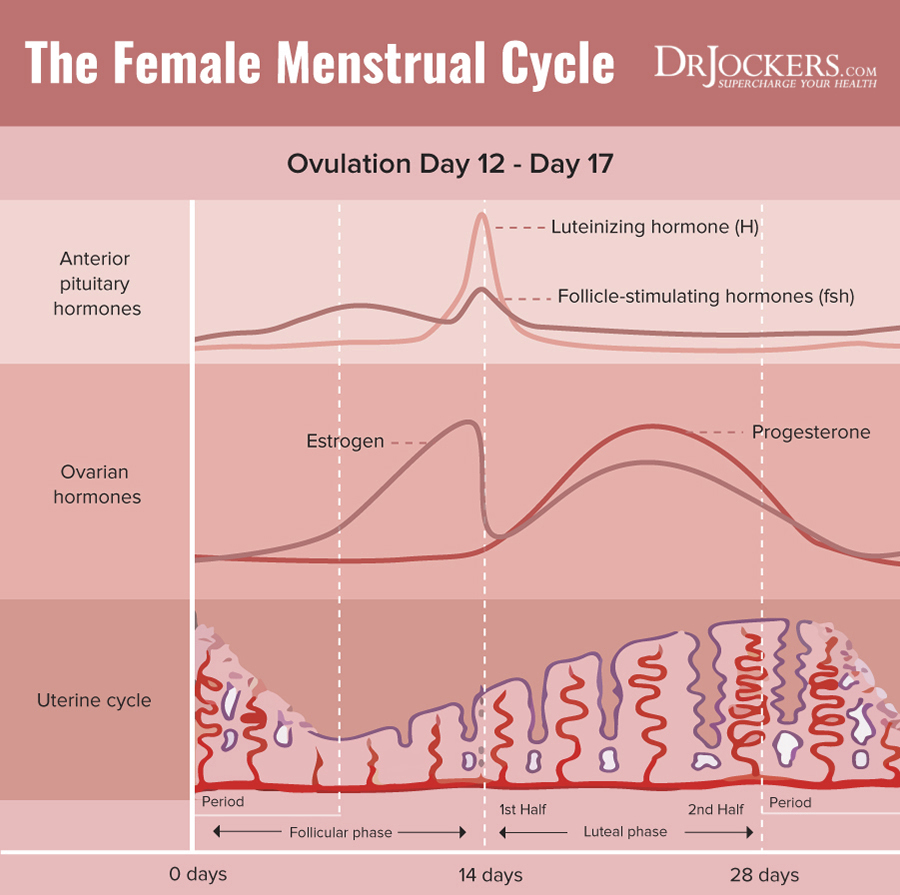 Hormone Balance & PMS Symptoms
Hormone Balance & PMS Symptoms
One of the biggest correlations I see with harsh PMS symptoms is estrogen dominance. When estrogen becomes elevated relative to progesterone, PMS symptoms tend to become much more pronounced.
If you are having severe PMS symptoms, estrogen dominance is likely at play here. In many cases, I have seen painful PMS symptoms improve dramatically by addressing this one factor alone!
Common symptoms of estrogen dominance include:
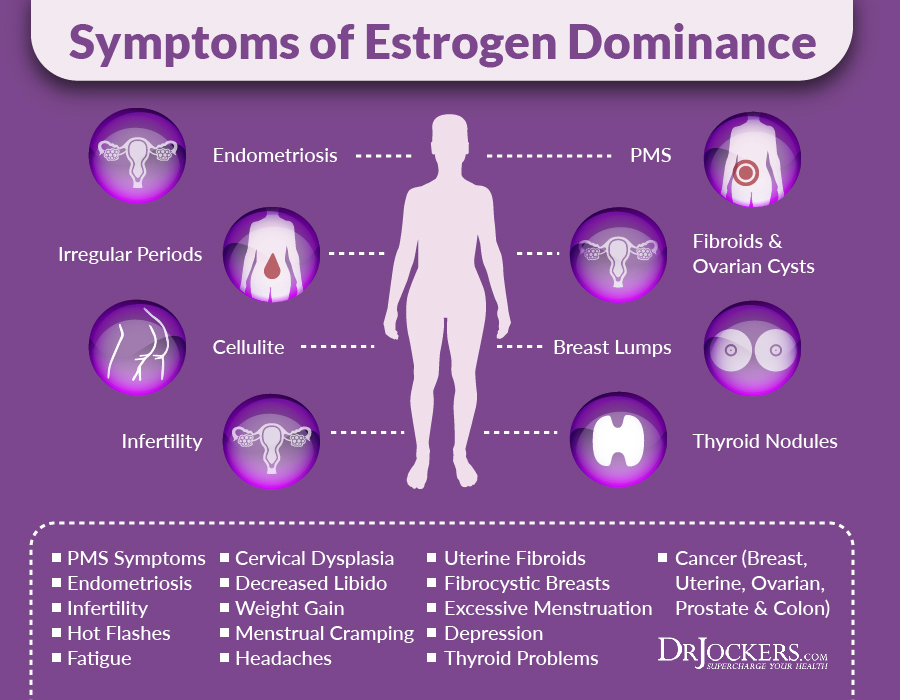
8 Strategies for Relief From PMS Symptoms
Given that we know some of the primary players in PMS symptoms, namely, hormone imbalance. We can use dietary, supplement, and lifestyle modifications to control for these variables. As I have mentioned, these strategies work best when combined, as they provide unique mechanisms of relief from PMS.
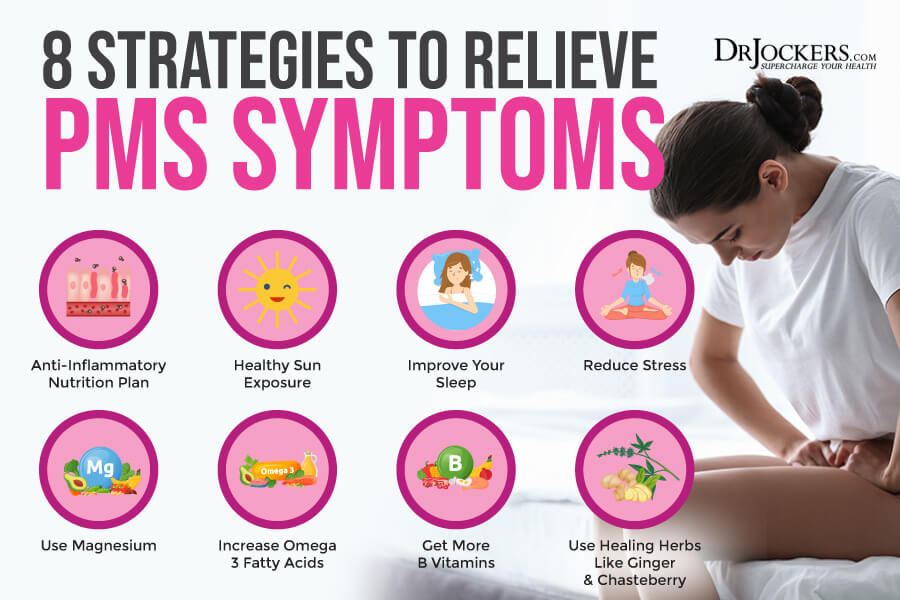
1. Anti-Inflammatory Diet
One of the major factors in hormone balance and PMS symptoms is the diet. Following an anti-inflammatory diet can be one of the biggest steps you can take towards freeing yourself from harsh PMS symptoms.
For example, an anti-inflammatory diet should be full of leafy greens and antioxidant rich vegetables, which contain lots of magnesium and calcium to ease menstrual cramps. Also, things like wild caught salmon can help lower inflammation and pain due to their high omega-3 content.
These are just a few examples, but consuming this type of diet full of healthy fats, antioxidants, and fiber eases PMS symptoms from many different aspects. Eating this way will also improve your hormone balance, help you excrete excess estrogen, stabilize blood sugar, and drastically change the way you experience PMS. For more information on an anti-inflammatory diet, check out this article.
In addition, you also want to try to avoid things like sugar, high amounts of salt, and caffeine, as these things can make symptoms worse. Caffeine, especially, can be dehydrating and lead to aggravation of digestive issues that are common during PMS.
2. Healthy Sun Exposure
Once you have your diet taken care of, it’s important to get outside and get some sunlight on a regular basis. Sun exposure helps us make vitamin D, which plays a crucial role in hormone balance and calcium utilization. These actions will help lower elevated estrogen levels and ease cramping.
Another huge benefit of vitamin D is that it helps lower the production of prostaglandins and cytokines, which are two chemicals in the body that are associated with inflammation and pain.
It has been well documented that sufferers of harsh PMS symptoms typically have low levels of Vitamin D, calcium, and magnesium (1). Getting adequate sunlight along with a diet rich in minerals can have a significant impact on PMS symptoms.
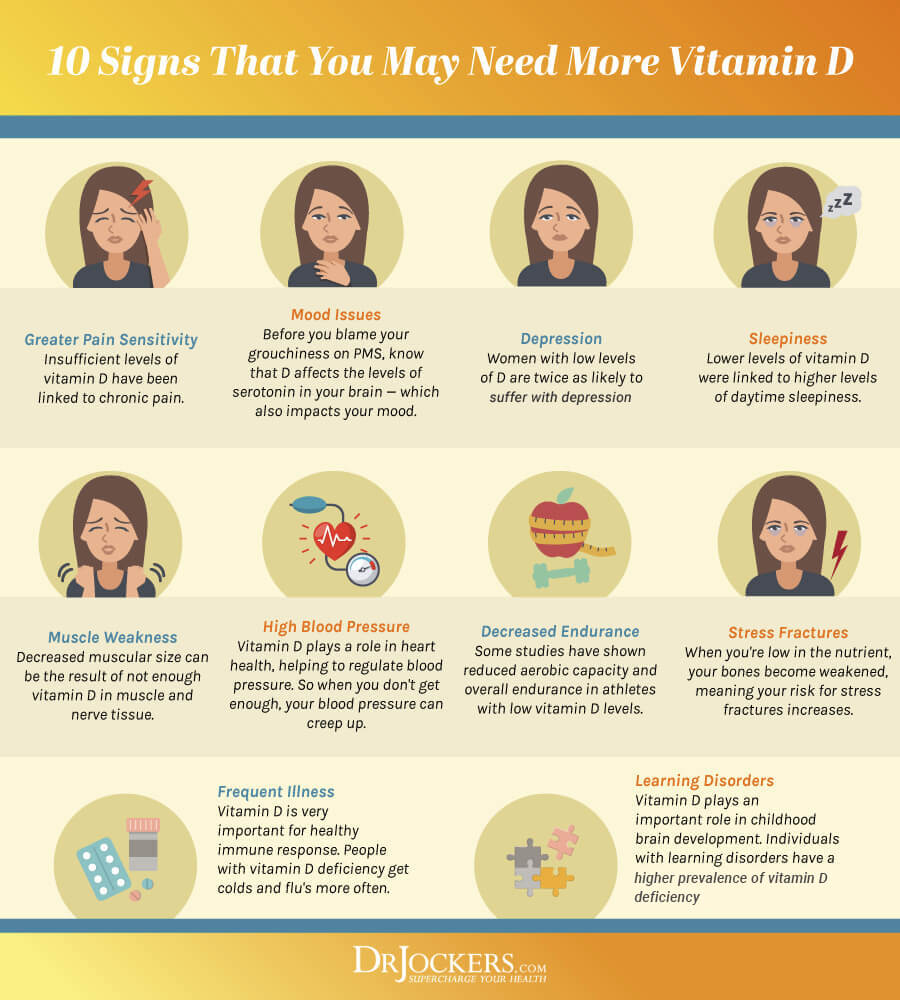
3. Improve Your Sleep
There have been studies highlighting how the hormonal changes you go through during PMS can actually cause PMS-induced insomnia (2). But did you know that taking extra measures to improve your sleep may even improve your PMS symptoms as well?
Getting high quality sleep is key to lowering inflammation, controlling cortisol levels, and balancing hormones. So, by getting a good night’s sleep consistently, you can help lessen PMS symptoms in many ways. Start with the strategies in this article and see the difference it makes in how you feel!
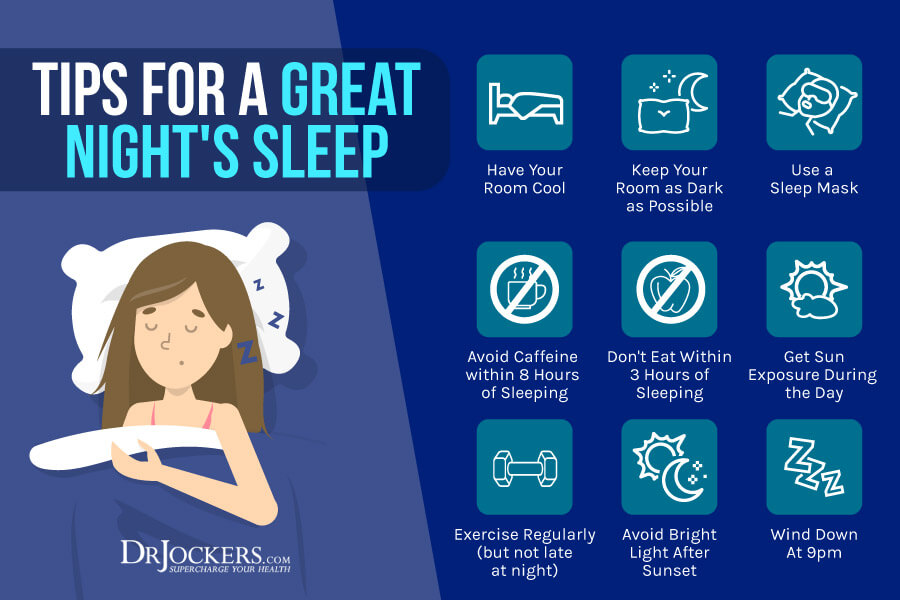
4) Reduce Stress
When you are under stress, you get elevated cortisol levels. This is usually good for the body because once the stress has ceased, the body adapts and becomes stronger. When stress becomes chronic, and you don’t have adaptation periods, then cortisol remains elevated.
This is a problem because cortisol takes priority over many other hormones in the body. Both cortisol and sex hormones are regulated by the HPA (hypothalamus-pituitary-adrenal) axis in the body. During prolonged stress, energy is shunted towards producing cortisol, and the HPA axis becomes dysregulated. This is where the hormone imbalance occurs.
Learning strategies to control your stress and balance your mood can have a huge impact on your experience of PMS. Additionally, adaptogenic herbs may be able to provide support in this aspect by supporting your HPA axis and helping to regulate a healthier stress response.
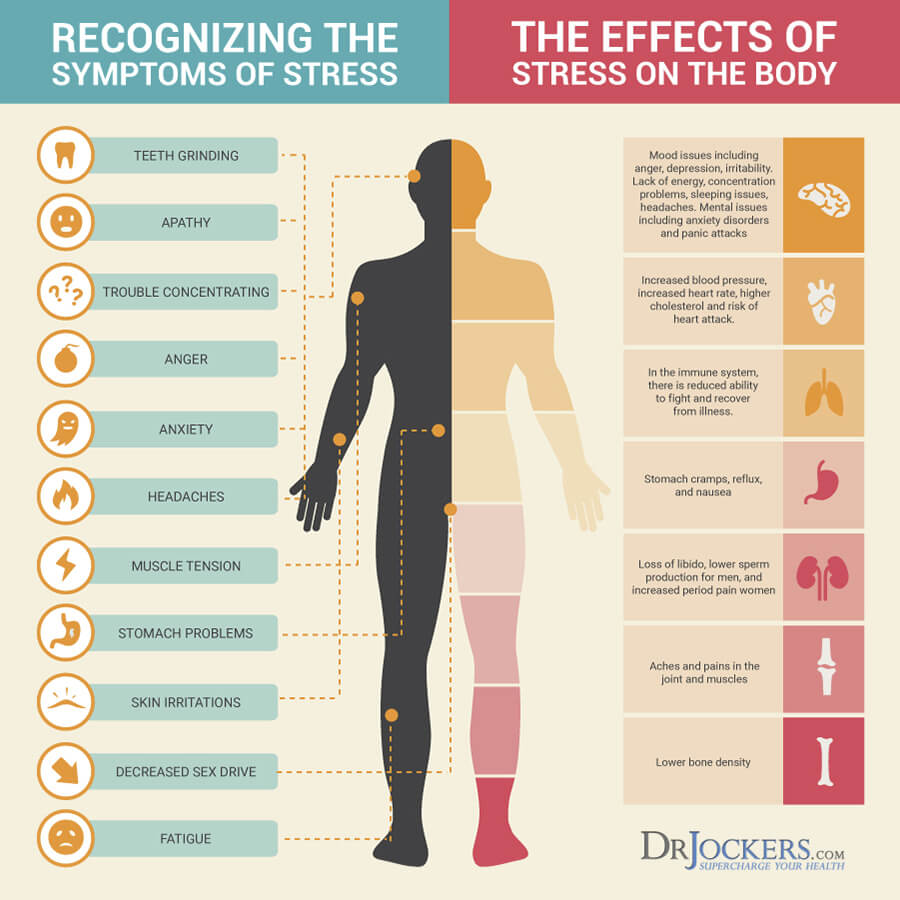
5) Use Magnesium For PMS Symptoms
The simple addition of a magnesium supplement can make a big difference for PMS. Not only does magnesium itself help relieve water retention and painful cramps, but it is also involved in the body’s ability to remove excess estrogen. Another added benefit of magnesium is its effect on mitigating anxiety and stress (3).
Magnesium is required for over 300 different body processes and may just be one of the most critical nutrients for optimal health. Unfortunately, the vast majority of Americans are deficient in this powerful mineral.
I would recommend either a topical magnesium that can be applied directly to the abdomen or a high-quality magnesium supplement.
The magnesium I would personally recommend in this case is this Ancient Minerals brand of topical magnesium. It is a very effective topical magnesium.
6. High-Quality Fish Oils
Fish oil is high in omega 3 and can provide many benefits during PMS. First of all, the anti-inflammatory effects of fish oil alone can provide relief from many painful PMS symptoms. Additionally, consistent intake of omega 3 fatty acids can improve hormone balance as well.
A few studies have highlighted the benefits of fish oil for relieving PMS symptoms; however, it has been shown that the benefits become greater with regular and consistent intake (4).
One more recommendation I would make is to get a fish oil supplement containing GLA, as it provides significant anti-inflammatory benefits on top of those from fish oil. That is why I always use this one clinically; it is a powerful combination.
7. Get More B Vitamins
Getting a good mix of the B vitamins into your system can be a powerful strategy with several PMS relief benefits. B vitamins are considered a great stress-support stack while being involved with several processes in the body that need extra support during PMS.
Vitamin B6, for instance, is involved in the production of serotonin and dopamine. If you feel emotionally unstable during PMS, this may be helpful. B6 is also involved in estrogen metabolism, so it is another factor to consider for balancing hormones (remember estrogen dominance is a key player in PMS).
Folate (Vitamin B9) is an important nutrient for regulating mood as well. Additionally, it helps support red blood cells in a way that may help prevent anemia in some cases of PMS.
Vitamin B12 is yet another one that plays a major role in emotional stability. Also important for energy production, B12 provides compounding benefits when used alongside the rest of the B Vitamins.
For powerful support in this regard, I really suggest a full B-complex supplement that contains all of the B vitamins in activated forms. I use B Strong because it fits my criteria and I get great results with it.
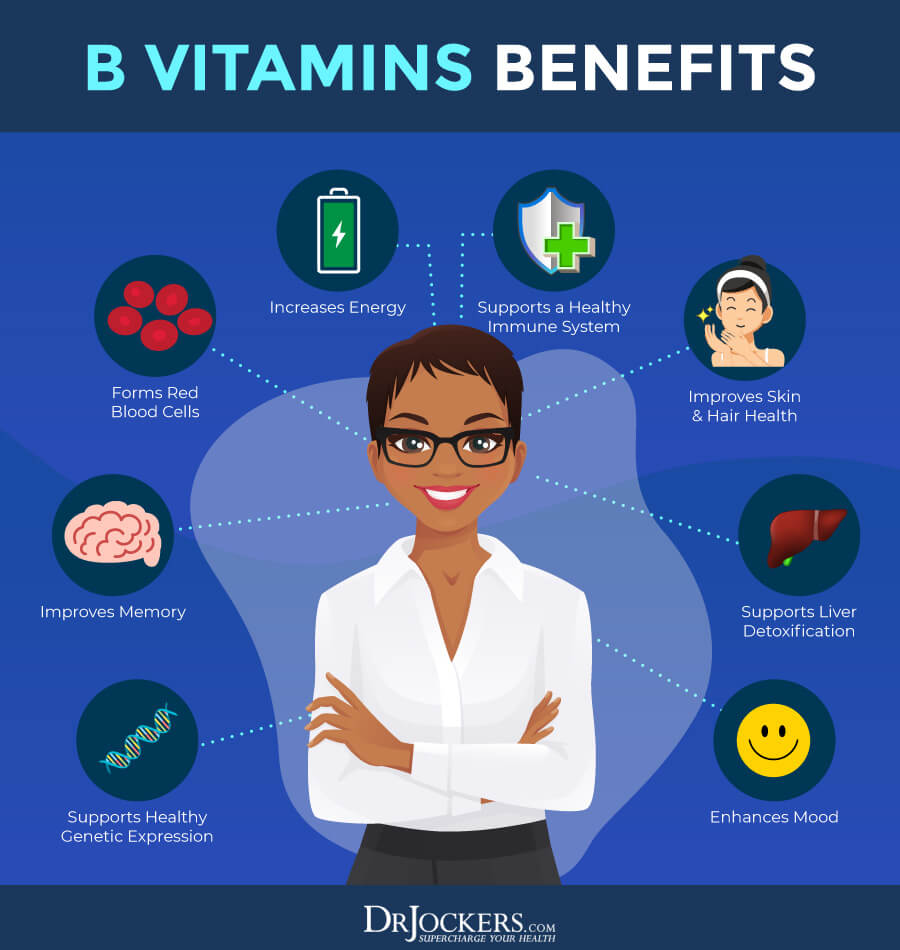
8. Healing Herbs For PMS Symptoms
Last but not least, there are several herbs that have been traditionally used for PMS relief. Some common herbs with solid research behind them are:
Chaste berry Extract: Has been shown to support a normal menstrual cycle, reduce breast tenderness, and reduce the severity of PMS symptoms. Possibly by exhibiting beneficial effects on hormones (5).
Parsley: Parsley may help mediate bloating by acting as a mild diuretic to increase urine output while also helping the body retain beneficial electrolytes. Additionally, parsley benefits detoxification, which may help promote healthy hormone balance.
Ginger Root: Ginger root is a powerful anti-inflammatory and can alleviate many of the GI distress that some women experience during PMS.
Many other herbs provide PMS support from different angles in the body, so by combining them, you can provide very powerful support for your PMS symptoms.
I hunted down some of the best time-tested herbs for PMS and formulated my own product that I think is one of the best of its kind. Fem Protect is a comprehensive formula containing herbs and nutrients in therapeutic doses that can drastically improve your PMS symptoms. This formula provides broad-range support by balancing hormones, reducing inflammation, and acting on specific mechanisms behind PMS symptoms like bloating and cramps.
Female Comprehensive Lab
For many women who are struggling with symptoms of hormone imbalance, such as harsh PMS, I recommend that they get our DUTCH Comprehensive Hormone Panel.
This comprehensive lab takes a look at cortisol levels, all three forms of estrogen, as well as progesterone and testosterone. I love this test because it gives valuable insight into the body in a simple saliva test that can be easily performed at home.
Once we get a good idea of how the adrenals are functioning, more direct steps can be taken to support them and balance hormones.
Putting It All Together For PMS Symptoms
PMS can be debilitating for some women. If this is you, I recommend combining the strategies outlined in this article.
While there are a few things you can do to address specific symptoms, the greatest benefit will come from implementing these strategies together. I often find that harsh PMS symptoms are more likely to occur in someone with poor health habits that are contributing to inflammation and hormone imbalances.
By taking the steps to improve sleep, reduce stress, and balance hormones, along with the rest of the strategies listed above, you will be a healthier person who also experiences a much milder PMS!
